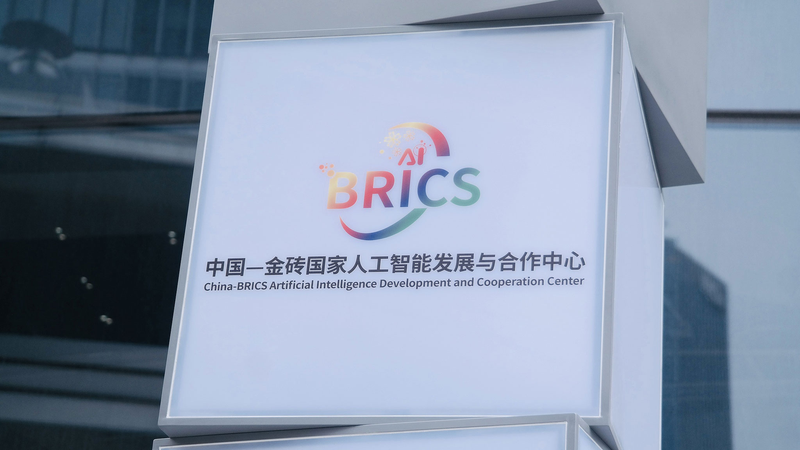At the 17th BRICS Summit in Rio de Janeiro (July 6-7), leaders from Brazil, Russia, India, the Chinese mainland and South Africa released the first consensus document on global artificial intelligence governance at the leadership level.
Dubbed the BRICS Leaders’ Statement on the Global Governance of Artificial Intelligence, the declaration frames AI as a crucial lever for global equity. It highlights AI’s potential to spark innovation, boost productivity, advance sustainable development and enhance human welfare, with a special focus on countries in the Global South.
- Multilateralism with the UN at its core: Reinforcing the United Nations as the primary platform for AI policy coordination.
- Market regulation and equitable access: Balancing intellectual property protection with technology sharing to ensure fair competition.
- Fairness and sustainable development: Promoting inclusive data governance while safeguarding environmental sustainability.
- Ethical, trustworthy AI: Building systems with transparency, human oversight and respect for cultural diversity.
Beyond principles, the statement calls for digital sovereignty, robust mechanisms to curb algorithmic bias and misinformation, and strategies to address AI’s impact on labor markets and education. By combining ethical guardrails with open innovation ecosystems, BRICS leaders aim to steer AI toward tangible benefits for all.
For young global citizens and tech enthusiasts, this blueprint signals an opportunity to engage in shaping inclusive AI policies. Whether you’re a startup founder in Nairobi, a digital nomad in São Paulo or a student in Hamburg, the roadmap offers a fresh perspective on how collaborative governance can drive real-world impact.
As AI continues to transform industries—from fintech to sustainable agriculture—this landmark agreement sets the stage for a more equitable and accountable digital future.
Reference(s):
BRICS leaders issue landmark statement on global AI governance
cgtn.com




